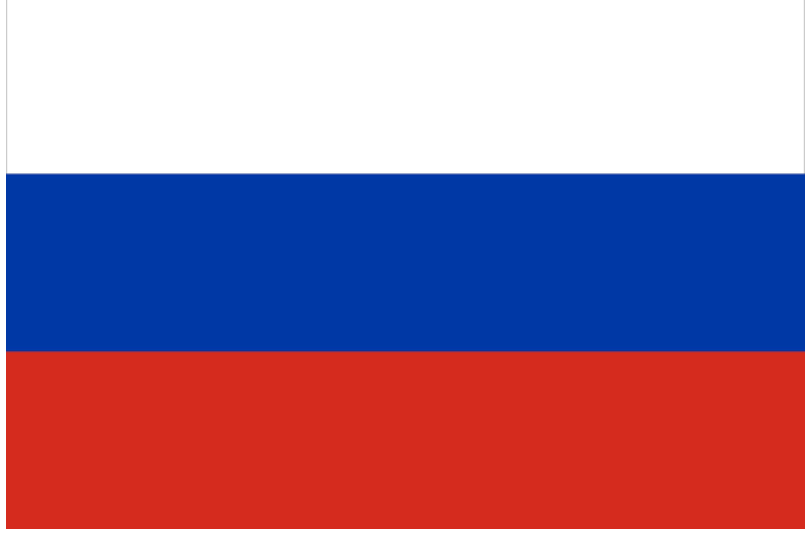A recent Facebook post claims that the Russian government is forcing Nigerian students to fight in Ukraine in exchange for visa renewals. However, this assertion has been debunked by both the Russian and Nigerian governments.
False Claims on Social Media
The claim surfaced on a Facebook page titled Naijaintelnews, which posted on June 11, 2024: “Report: Russia Sending Nigerian and Other African Students to War in Exchange for Visa Renewal.” The post alleged that Russia is coercing thousands of migrants and foreign students, including Nigerians, to join its war efforts in Ukraine to renew their visas. It cited European officials who claimed the Kremlin threatens African students and workers with visa denial unless they enlist, using similar tactics previously employed by the Wagner mercenary group.
Verification
The Russo-Ukrainian War began in February 2014, following Ukraine’s Revolution of Dignity. While Russia initially took over Crimea and supported pro-Russian separatists in eastern Ukraine, it launched a full-scale invasion in February 2022, resulting in widespread devastation, civilian casualties, and a refugee crisis.
Diplomatic efforts to end the conflict have failed, with ceasefire violations and stalled peace talks. The tensions have taken significant toll on not only the warring countries but the world at large.
Foreign nationals, including Nigerian students, were stuck as of the time the war broke out owing to the closure of Ukrainian airspace.
Contrary to the Facebook post, the Russian embassy in Nigeria has labelled the conscription claims as “fake news.” The embassy stated that Nigerian students have no issues renewing their visas while studying in Russia. “The Embassy of the Russian Federation is compelled to emphasize that such news is not only false but also damages Russian-Nigerian educational cooperation by misleading numerous scholarship and grant applicants as well as their partners,” read an official statement from the embassy.
An official from the Russian Embassy further clarified that the education of Nigerian students in Russia is governed by a bilateral agreement between the two countries. She stressed that Russia does not send foreign students to Ukraine or anywhere else, and all student lists are agreed upon by the governments of Russia and Nigeria.
Similarly, the Nigerian Ministry of Foreign Affairs denied the conscription claims in a press release signed by its spokesperson, Eche Abu-Ode, on June 11. The statement noted: “The Ministry wishes to inform that the Nigerian Embassy in Moscow is in close communication with the Executives of the Nigerian Students Association in Moscow, Russia, and there has not been any reported case of conscription of Nigerian students nor indeed of other African students to fight in the aforementioned war.”
Conclusion
This misleading narrative is part of the many false claims that have emerged around the Russo-Ukrainian War. Official statements from both the Russian and Nigerian governments confirm that the claim is entirely baseless.
A false claim on Facebook alleging the Russian government is forcing Nigerian students to fight in Ukraine for visa renewals has been debunked by both Russian and Nigerian authorities.
The post from "Naijaintelnews" on June 11, 2024, claimed that Russia is coercing African students and workers to join the war effort, citing unnamed European officials and referencing tactics allegedly used by the Wagner mercenary group.
Both governments have refuted this, with the Russian embassy in Nigeria labeling it "fake news" and clarifying that Nigerian students face no visa renewal issues. Additionally, the education of these students is covered under a bilateral agreement, with no foreign students being conscripted.
The Nigerian Ministry of Foreign Affairs further confirmed no conscription cases have been reported, emphasizing ongoing communication with the Nigerian Students Association in Moscow.
This misinformation is among many false narratives that have circulated since the Russo-Ukrainian War began in 2014 and escalated in 2022.






